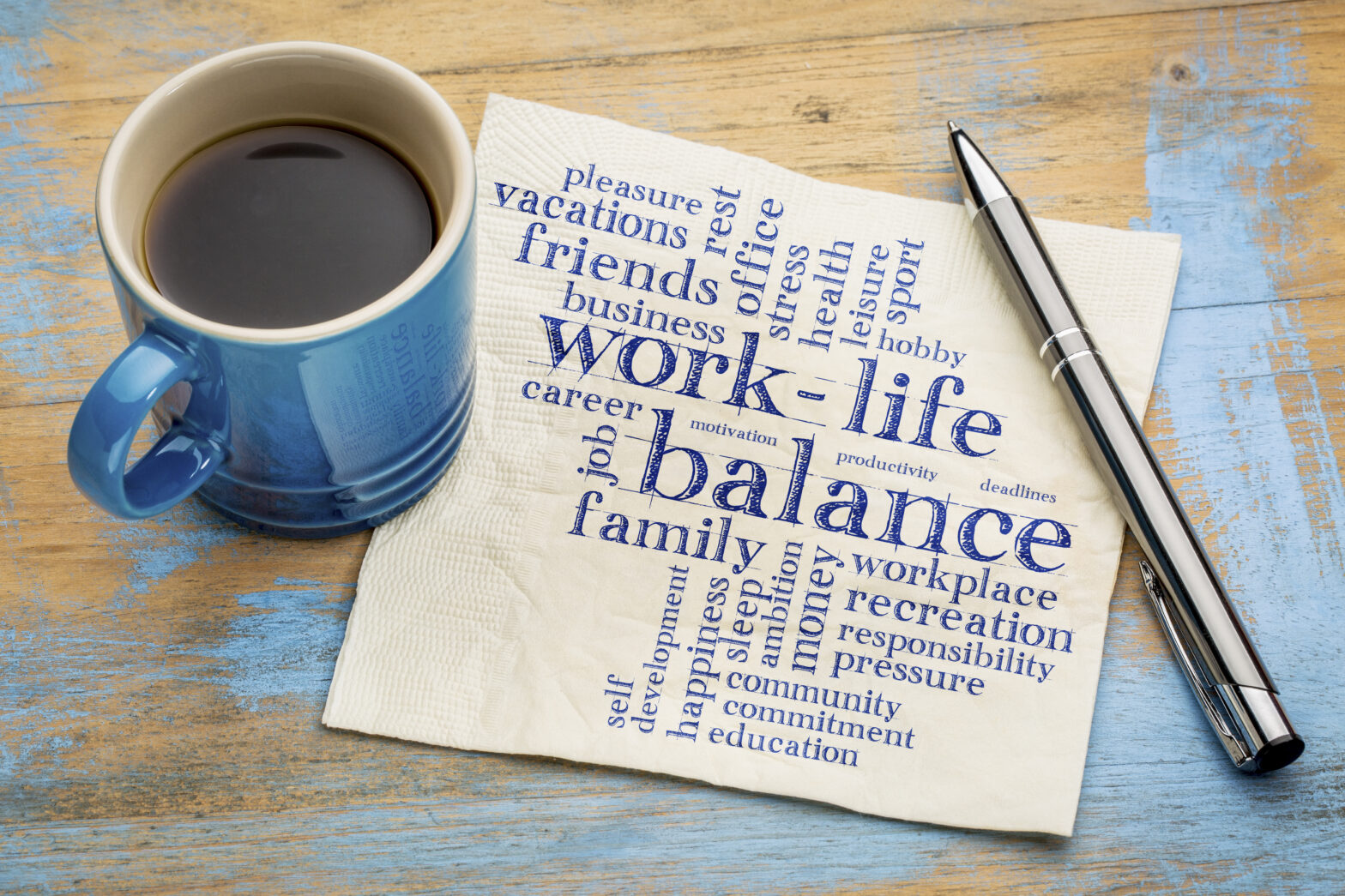Increasingly we are seeing workers seek to make that holy grail, a work/life balance, a reality. Small businesses who cottoned onto the mutually beneficial development of the gig economy have set a trend which is now expanding into almost every profession.
In traditional set-ups, people are working longer hours than ever, and in many cases aren’t being paid for overtime. According to a survey done for Totallymoney.com, excessive workloads mean that the average British worker puts in an extra full day of work each week, and almost 60 per cent of workers say they don’t have a good work/life balance. What’s more, their employer may well not be helping them to achieve it; YouGov reported last year that a sixth of British businesses believe work/life balance is not important to their company.
Small Business Pro, our all-in-one solution, can save you time and money as well as offering expert and peer support. It will also help with the heavy lifting of managing customers, taking payments, insurance, finance and HR, plus you’ll get a host of personal wellbeing benefits.
You can find out more about Small Business Pro here.
So how can people improve their situation? In many cases workers aren’t in a financial position to reduce their hours, and even if they do they can still find themselves squeezing too much work into too little time. Some workers who have become burnt out in a high-stress job are applying a different solution: cutting hours on their main job and taking on new roles, paid or volunteer, elsewhere.
This ‘portfolio career’ approach is something that Chris Rooke, 41, has found is working for him. His job in banking was keeping him in the office far more than he wanted it to, and it was becoming a major source of stress in his life. ‘I saw an opportunity to structure a different and more varied career,’ he says.
‘I have set up my own property and alternative asset company and at the same time I’ve diversified into more personally satisfying projects. This includes being a trustee of a local school, becoming a magistrate and coaching the local mini rugby team. But working this way can certainly mean lower pay, so does he look back wistfully on his old banking salary? Far from it. ‘I’ll look back positively at the time I have spent with my three children and the difference I have made outside a normal career structure,’ he says. ‘Greater flexibility and variety more than makes up for the sacrifice to my income.’
Healthcare
Away from the private sector, state sector workers are finding work just as tough. Healthcare is an area where workers complain of stressful working practices and a need to stay late to manage the workload. Totallymoney’s research finds that health workers did on average 7.7 hours overtime each week, half of which were unpaid.
Cara Harwood, a London midwife who qualified in the past couple of years, is a case in point: she has already chosen to work on a supply basis, supplementing her hours with dance teaching and working as a doula. She found that ‘severe understaffing’ and ‘exhaustive paperwork’ made the job far too intense, and often meant she had to stay after her shift had finished.
GPs, too, report stress caused by their increasingly demanding job. Last year’s research by The King’s Fund found that GPs’ workload hasn’t just become heavier, but also more complex and intense. They have 13 per cent more face-to-face appointments than they did five years ago, and a whopping 63 per cent more telephone appointments.
The King’s Fund found that paperwork, telephone consultations, surgery consultations and home visits mean GPs often work over 12 hours per day; the allocated time slot of around ten minutes for each patient invariably means they end up running late if a patient needs longer. They often find themselves taking work home with them at the weekend.
Since the increase in workload has not been eased by more funding or staff, it is no surprise that a portfolio career or part-time work is an attractive proposition for GPs. Only 11 per cent of those GPs surveyed by The King’s Fund say they intended to work full-time in a clinical role five years after qualifying. Some may well be considering the option of combining private with NHS work, as a number of GPs are already doing.
New on demand GP services like DocTap give GPs the opportunity to work in a much less pressured environment: with 15 minutes devoted to each patient, face-to-face appointments only with no telephone calls to fit in, and a fixed base from which to work with no home visits, doctors feel much less stressed at the end of the day. This benefits both their private and NHS patients; because they are not working at a consistently relentless pace all week, GPs feel they can give all patients the quality of attention and advice they require.
So next time you’re slaving away into the evening, feeling under pressure and underpaid, perhaps it’s a portfolio career you need to start thinking about.





